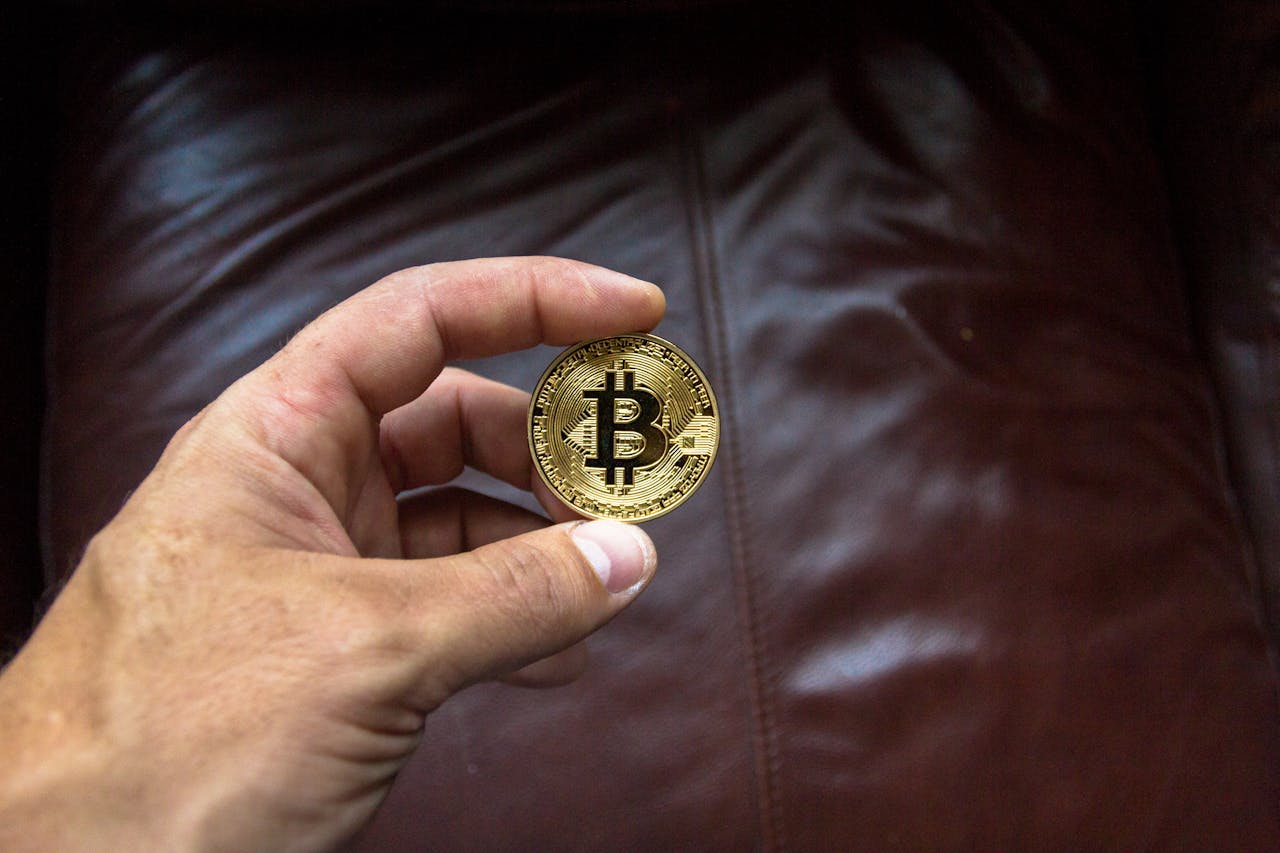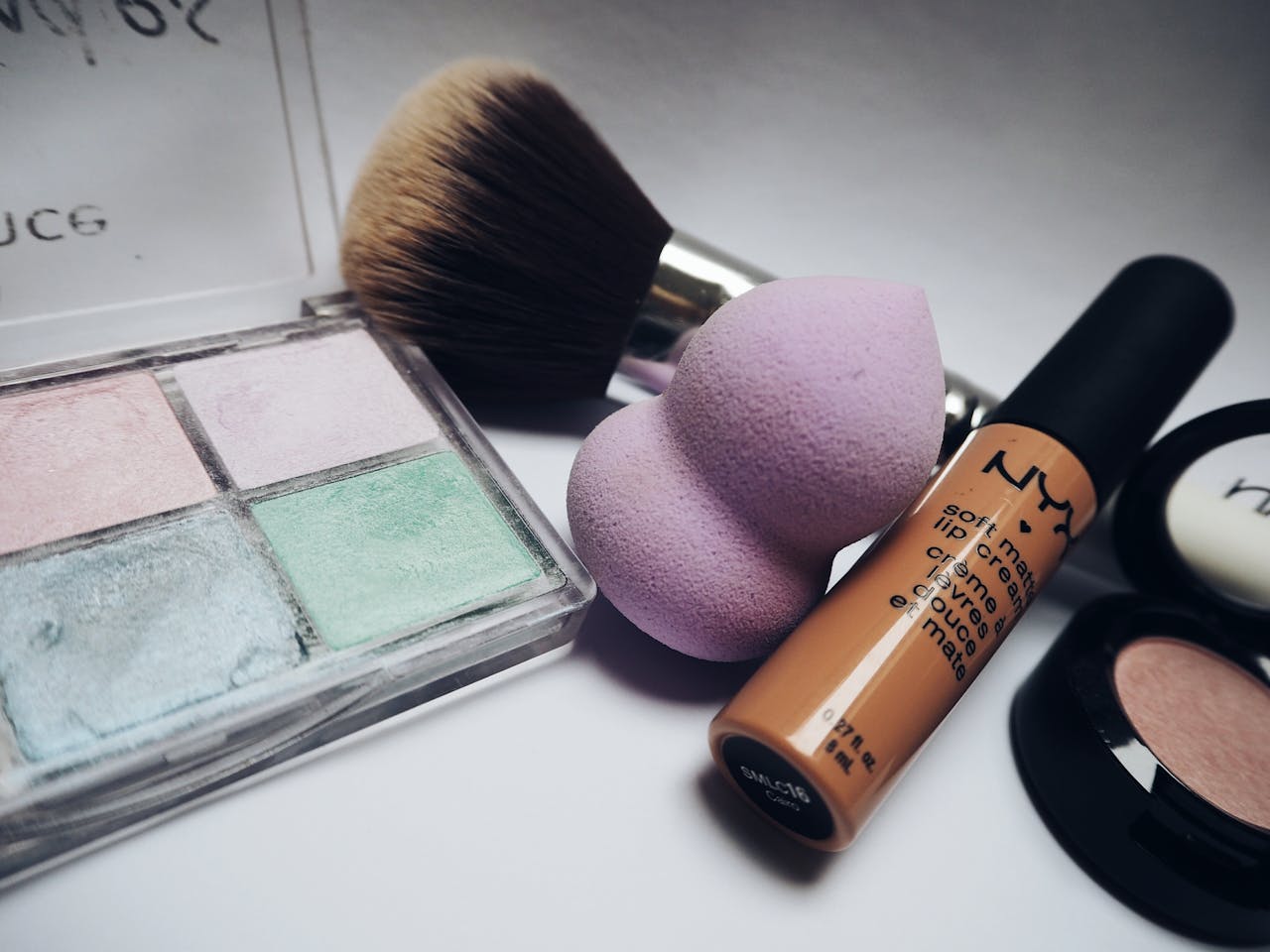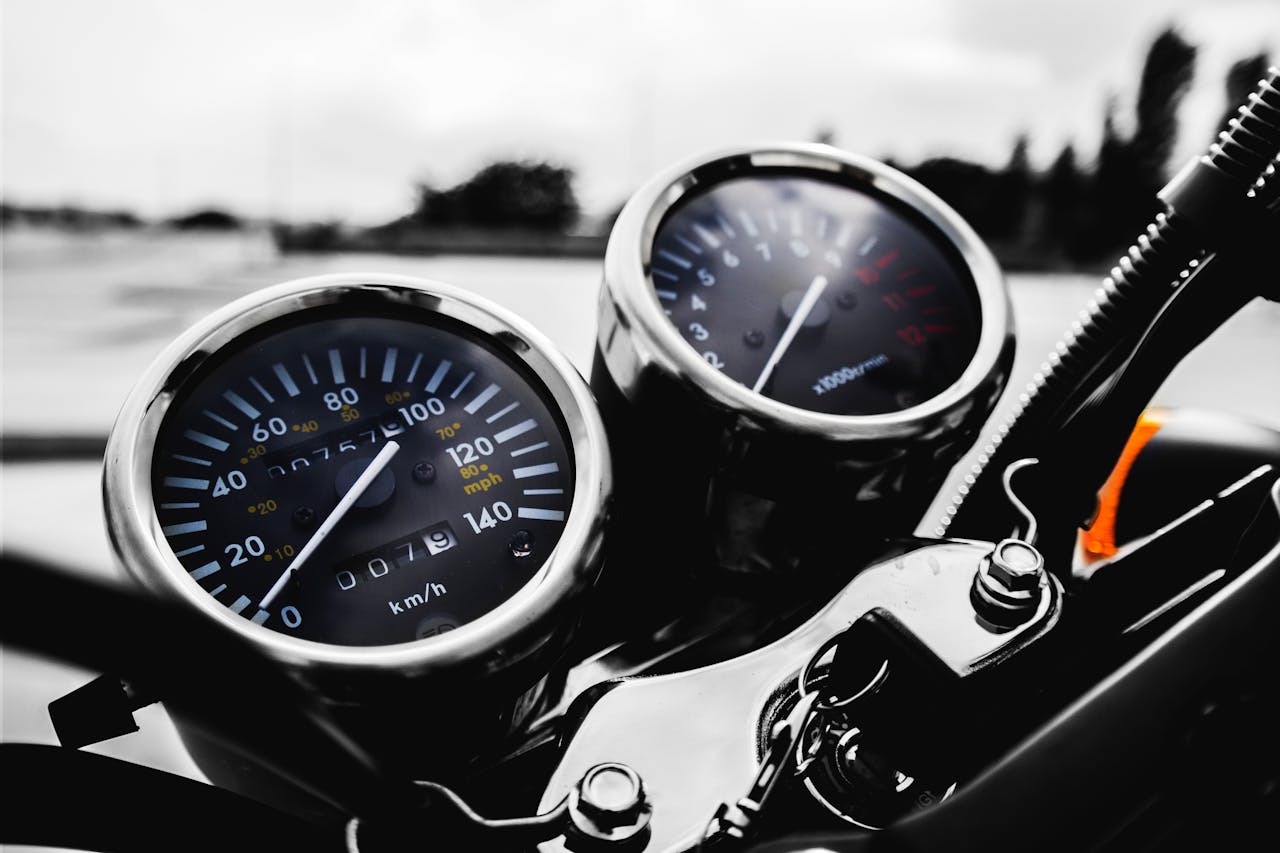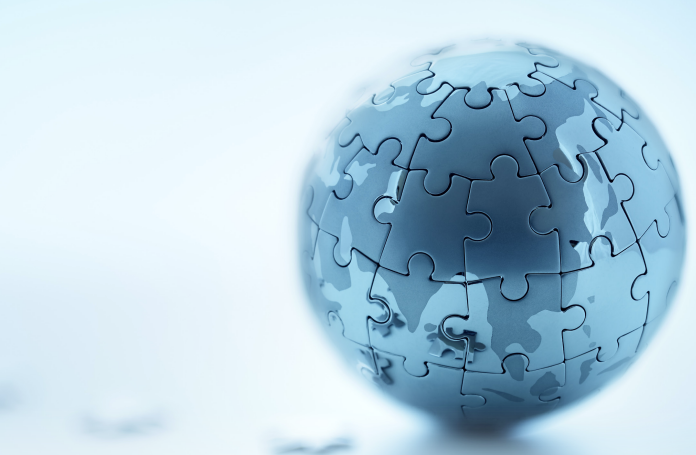

Malaysia forecasts that by 2030 around 50% of its banking assets will be Islamic, as its growth surpasses conventional banking. According to the Association of Islamic Banking and Financial Institutions Malaysia, loans that comply with the religion’s ban on interest are set to increase by 10% to 15% annually in the next five years, surpassing the 5% to 7% growth seen for non-Islamic loans.
Furthermore, the industry’s focus on values-based financing to protect people and the planet will support spur demand amid growing interest in ethical investing. Islamic banks are already seen on par with the conventional in Malaysia.
Malaysia, which pioneered Islamic finance in the 1980s, fixed a target for Islamic banking assets to reach 40% of the total industry by 2020. Islamic financing in the country reached USD 149 billion (611 billion ringgit) at the end of 2019, accounting for 35% of the banking system’s loans.

The positive signs towards the target can be seen in the nation’s largest banks, with Malayan Banking Bhd’s Islamic loans accounting for 61% of the total and RHB Bank Bhd’s ratio, rising to 38%, from 26% in 2017.
Government, as well as government-linked entities, have also been strongly encouraged to utilize Islamic financing as a funding tool, besides the requirement to possess more than two-thirds of debt to total assets in Islamic financing or Sukuk for all Shariah-compliant stocks.
Malaysia’s pioneering role in the development of Islamic banking and finance has grown worldwide recognition. Demand from the public for Islamic banking products and services continued until a commercial Islamic bank was set up under the Islamic Banking Act (IBA) 1983, licensed as Bank Islam Malaysia Bhd (BIMB).
Government Investment Certificates were also issued in the same year under the Government Funding Act 1983, aimed to support liquidity management in BIMB’s operation. The first Islamic insurance company, regulated by the Takaful Act 1984, was established a year later under the name Syarikat Takaful Malaysia Bhd.
Another historic development took place in 1990 when Malaysia became the first country to issue Sukuk (Islamic bonds) with a modest issue size of RM 125 million by Shell MDS Sdn Bhd.
BNM then started to offer llicences an interest-free scheme, namely Skim Perbankan Tanpa Faedah (SPTF), allowing the conventional banks to open Islamic banking windows, and the number of banks participating in SPTF grew remarkably.
Islamic banking is a banking system of banking which complies with Islamic law, known as Sharia law. Mutual risk and profit sharing, fairness for all and that transactions are based on an underlying business activity or asset are among basic principles of the system.
The core values which encourage activities that cultivate entrepreneurship, trade, and commerce and bring societal development or benefit also further sustain the Islamic banking principles. Activities which involve interest (riba), gambling (maisir), as well as speculative trading (gharar), are prohibited.
Throughout the past decade, Islamic finance has grown significantly at a yearly pace of 10-12%. As of July 2018, it was recorded that Islamic finance was a USD 2.2 trillion industry, spread over more than 60 countries and expected to reach USD 3.8 trillion in value by 2022.

The Latest Developments in Cryptocurrency Adoption in SEA
The cryptocurrency market in Southeast Asia (SEA) has seen exponential growth in recent years. The revenue of cryptocurrency in the region was around USD 1,384 million in 2023 and is expected to grow by USD 1 million in the next four years. Countries like Indonesia, Singapore, and the Philippines are at the forefront of this digital revolution. The region's young, tech-savvy population, coupled with increasing internet penetration, has created a fertile ground for the adoption of cryptocurrencies. Currently, the crypto market in SEA is valued at several billion dollars, with projections indicating continued growth.

An Overview of the Halal Cosmetics Market in Malaysia
The halal cosmetics market in Malaysia has been experiencing significant growth. It is driven by a combination of increasing consumer awareness, government support, and the rising demand for halal-certified products among both Muslim and non-Muslim consumers.

How Digital Marketing is Transforming the Automotive Lubricants Market in Southeast Asia
In recent years, digital marketing has emerged as a transformative force in the Southeast Asian (SEA) automotive lubricants market. The region's rapidly growing internet penetration and increasing smartphone usage have created fertile ground for innovative digital strategies. This evolution is reshaping how companies engage with customers and streamline their operations, offering numerous opportunities for growth and efficiency.

Exploring New Business Models for a Sustainable Future
Transitioning towards new sustainability business models can help companies drive positive change and contribute to a more sustainable future.